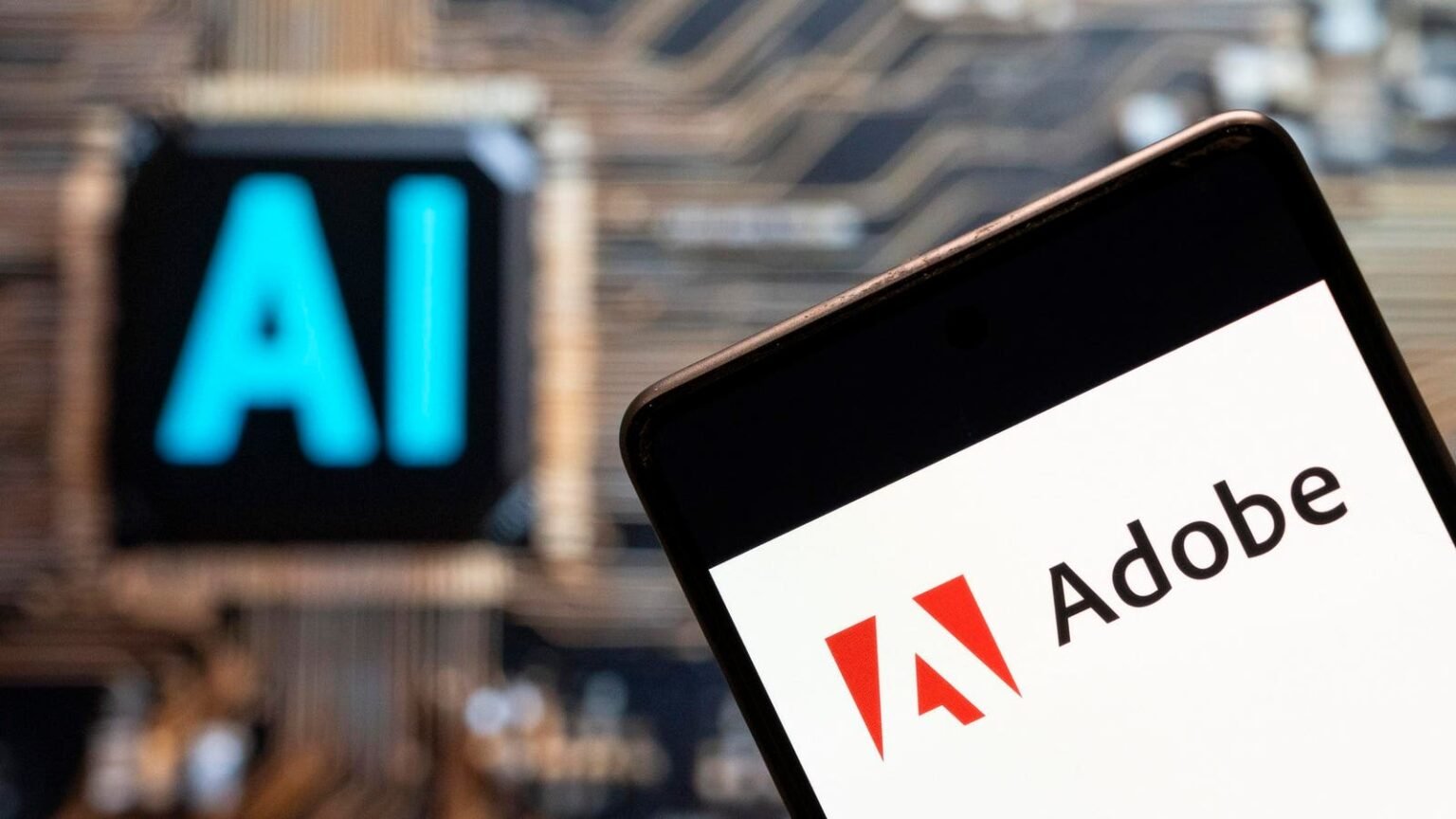Adobe shares surged on Friday morning after the company exceeded earnings expectations for its second quarter. The stock saw a 14% increase in premarket trading, reaching $523. This positive performance was driven by strong earnings, prompting Adobe to raise its annual revenue and adjusted earnings per share forecasts. The company now expects annual revenue to be between $21.40 billion and $21.50 billion, and adjusted earnings per share to range from $18 to $18.20.
During the earnings call, Adobe highlighted its focus on artificial intelligence (AI) strategy. The company has integrated generative AI technology across its products such as Photoshop, Premiere, Illustrator, and Lightroom. It has also introduced its own AI image generator called Firefly and an AI assistant for its Acrobat PDF tool. Despite concerns that generative AI could disrupt the creative industry, Adobe’s strong earnings suggest that their approach to the technology is paying off, positioning it as a leader in leveraging AI to benefit creative professionals.
The surge in Adobe shares reflects the company’s efforts to demonstrate that generative AI presents a significant opportunity for creative professionals, rather than posing an existential threat. While the technology has raised fears of disruption in various industries, Adobe’s success in implementing AI tools indicates that it can be harnessed for innovation and growth. This marks a significant milestone for Adobe in countering the narrative that AI could negatively impact the industry, showcasing the potential for AI to enhance creativity and productivity.
Despite the positive market response to Adobe’s earnings beat, the company’s shares are still down approximately 10% from the beginning of the year. This decline is partly attributed to concerns surrounding the impact of AI on the creative sector. However, Adobe’s recent performance suggests that its strategic deployment of generative AI tools has been successful in driving growth and revenue. By embracing AI technology, Adobe is positioning itself as a frontrunner in the creative software industry, setting itself apart from competitors in the AI landscape.
In recent years, advances in AI, particularly generative AI, have raised concerns about automation and disruption in various industries, including the creative sector. While Adobe has faced challenges in differentiating itself amid the rollout of AI tools by competitors, the company’s emphasis on the commercial safety of its AI generator, Firefly, has resonated with customers. This approach, which ensures the use of images with proper rights, helps alleviate concerns about potential copyright issues associated with AI-generated content.
However, Adobe encountered controversy this week due to updated terms of service that suggested the company might use customers’ content to train its AI models. This sparked backlash from users, leading to criticism of Adobe’s communication and handling of the situation. In response, Adobe clarified its stance on innovating responsibly in the AI space and affirmed its commitment to customers’ privacy and intellectual property rights. Despite challenges and controversies, Adobe’s strong earnings performance and strategic focus on AI underscore its resilience and potential for growth in the evolving landscape of creative software and artificial intelligence.

